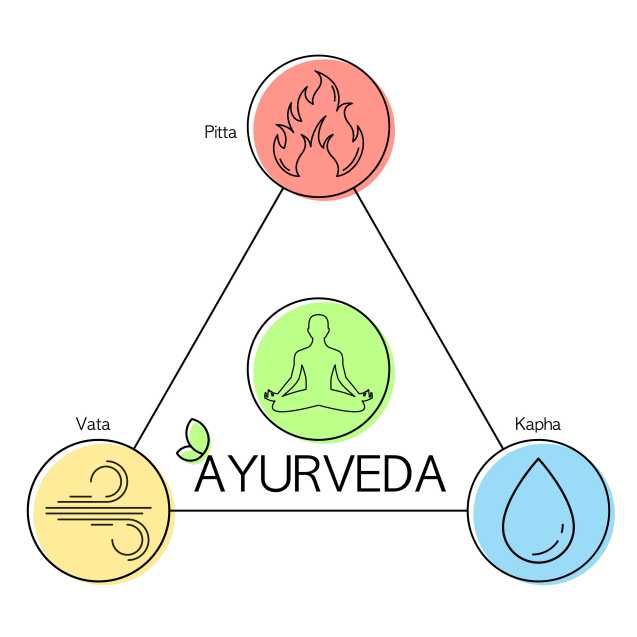Ayurveda hydration is an important part of your daily healthcare routine. Drinking enough water is crucial for digestion, enabling the body to function properly.
People should drink water according to their individual needs, which are determined by several factors. Some common signs of dehydration include excessive sweating, indigestion, dark yellow urine, and constipation.
Ayurveda Hydration For Unquenchable Thirst
In Ayurveda, hydration for quenchable thirst is important to maintaining a healthy body. There are several reasons for increased thirst, including excess distress, shock, anger, fear, and dehydration. It is also a sign of illness, such as diabetes or a fever. According to Ayurveda, thirst is one of the 13 natural urges.
Water is essential to the body and is required by all organs. Water maintains the body’s temperature, hydrates cells and tissues, and supports the digestive and respiratory systems. In addition, water is lost during various body processes, making it essential to replenish the body’s water stores.
Although rehydrating the body is necessary for normal functioning, ayurveda hydration has some rules about the amount of water consumed daily. Generally, drinking water should be at room temperature. Adding spices or herbs can also help enhance the water’s therapeutic effects.
Ayurveda Hydration – Indigestion
In Ayurveda, hydration is a vital part of the treatment of indigestion. The body needs water to digest food properly, and dehydration can aggravate the problem. Proper hydration is a must for people suffering from indigestion, and it can be as easy as drinking more water to feel better.
Hot water is better than cold for indigestion. Hot water helps break down ama, which is stuck in the system. It also has anti-inflammatory properties. Herbal oil or ghee is also a recommended treatment.
Dry Skin
Ayurveda hydration; Ayurveda offers a variety of remedies for dry skin. The main focus is on identifying the root causes and treating them accordingly. This holistic approach will take several weeks to show results, but the remedies are guaranteed to have long-term effects.
Ayurveda also emphasizes the use of oils rather than lotions or gels to moisturize the skin. These ingredients penetrate deep into the skin, providing hydration in the form of lipids. They also help lubricate the muscles and joints. These oils should be chosen according to the person’s constitution to ensure the correct amount is applied.
A diet rich in healthy fats can be beneficial for dry skin. Nuts, chia seeds, avocados, and dark chocolate are excellent choices. Using clarified butter, known as ghee, on the skin can also improve dry skin.
Related Article: Homeopathy Vs Naturopathy
Herbal Exfoliation
Ayurveda herbal exfoliating powder is a great way to rejuvenate your skin. It has been used for centuries in Ayurvedic medicine and is gentle enough to be used daily. It can also be used as a mask to remove dead skin cells. The powder contains a variety of herbs and raw grains that work to purify and hydrate your skin.
Oats and honey are two common ingredients that can exfoliate the skin. Oats and honey are both natural moisturizing agents, and they can balance pH levels and control sebum production.
Mix oats with honey and apply on alternate days. Dehydrated skin is considered a minor skin problem in Ayurveda. The Vata-dominant skin is especially susceptible to dehydration.

Balance of All Three Doshas
Ayurveda teaches that there are three phases of life. These stages are called Doshas. Each one has a particular quality and corresponding physical and mental characteristics.
Water is one of the three primary elements. Ayurveda recommends that we hydrate the body properly, but other elements should be balanced in order to achieve a perfect state of health.
A balance of all three Doshas is essential for good health. The three Doshas have specific functions based on the elemental forces. Vata governs movement, Pitta regulates digestion, and Kapha governs structure.
Every person has different levels of each of these, and Ayurveda focuses on maintaining the balance between all three. The Doshas are also responsible for the proper functioning of our body organs.
The Vata does many bodily functions, including helping to regulate the movement and urges of the organs, heart, and muscles, as well as communicating with the brain.
Related Article: Ayurvedic Face Mapping
